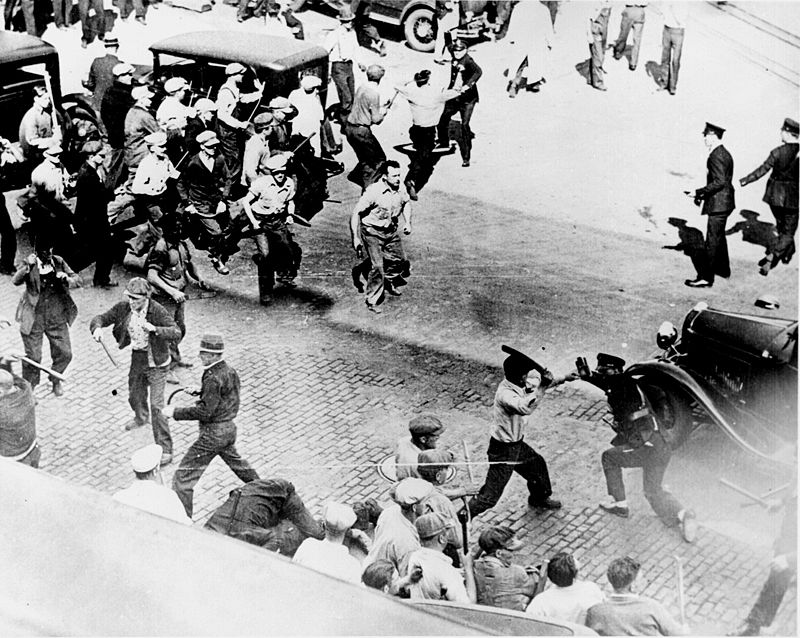Key Takeaways
- Class consciousness refers to the awareness that a group has about their social, economic, and political position in society.
- False consciousness is the distorted awareness that an individual has of their position in the society, preventing them from seeing things clearly.
- Class consciousness and false consciousness are opposing concepts in Karl Marx’s analysis of capitalist society and its social classes.
Class Consciousness vs False Consciousness
Karl Marx, a founding classical theorist of sociology and economist, introduced the concepts of class consciousness and false consciousness. In his analysis of capitalist society, Marx identified two main social classes: the capitalists and the proletariats. The key difference between class consciousness and false consciousness lies in the level of awareness an individual or group has about their position in society. Class consciousness refers to a group’s understanding of their social, economic, and political position, while false consciousness describes an individual’s distorted awareness of their position, preventing them from seeing things clearly.
Understanding Class Consciousness
Class consciousness pertains to the awareness that a group has about their social, economic, and political position in society. Marx used the working class, or proletariats, as an example to illustrate this concept. In a capitalist society, workers often have to work under harsh conditions and receive low wages, while capitalists profit from their labor. Marx argued that various forms of labor exploitation took place in such societies.
Class consciousness arises when the working class realizes their position in society and understands that they are being oppressed and exploited by the capitalists. This realization brings the working class together, as they recognize the importance of taking political action, such as revolutions, to change the prevailing social structure.
Exploring False Consciousness
False consciousness refers to the distorted awareness that individuals have of their position in society. Marx believed that this distorted perception would be a significant obstacle to revolution because the working class would fail to see themselves as a single unit and be unable to grasp the reality of capitalism. For example, the working class might be blind to the forms of oppression and exploitation occurring in society. False consciousness can be perpetuated through ideology, welfare state systems, and other factors that create an illusion in the minds of the working class.
Key Differences Between Class Consciousness and False Consciousness
- Class consciousness allows individuals to recognize oppression, subordination, and exploitation in society, while false consciousness distorts the reality of these issues.
- Class consciousness leads to political action, whereas false consciousness prevents individuals from taking such action.
- Class consciousness unites individuals of the same social class as they become aware of their position, while false consciousness fails to foster unity among individuals.
